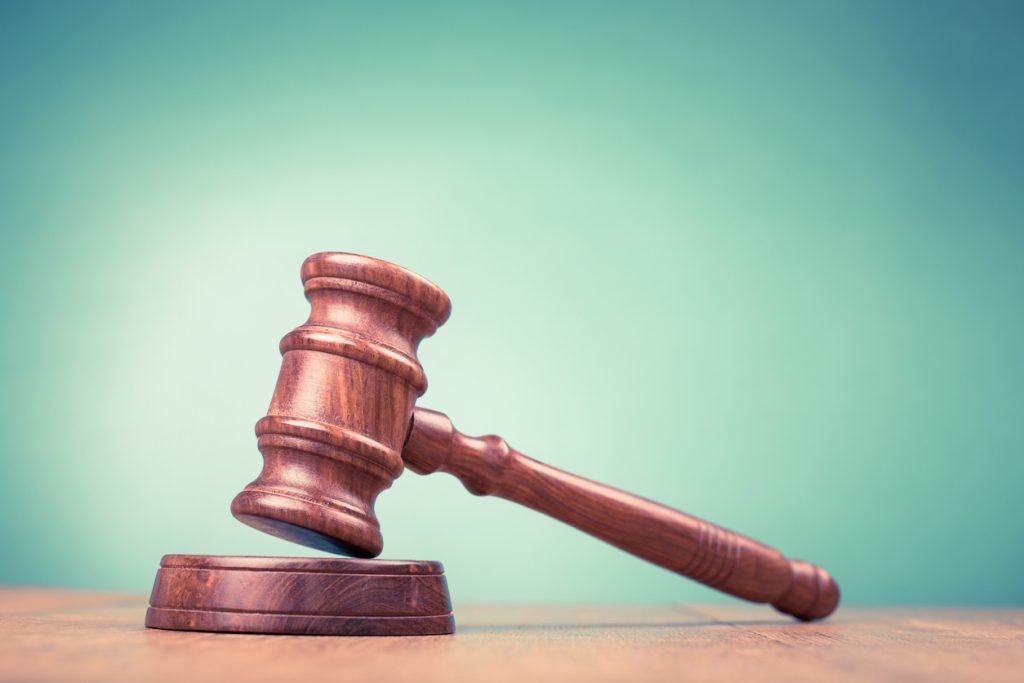Federal and state laws define human trafficking as compelling someone through force, coercion or fraud to perform work or engage in sex acts. According to the Department of Homeland Security, it is a global issue with millions of adults and children being victimized to generate billions of dollars in profits for traffickers and others engaging in it.
There were 7,621 cases of human trafficking reported in the U.S. in 2016, the last year for which yearly totals are available. In the United States, human trafficking tends to occur around international travel-hubs with large immigrant populations, notably California, Texas, Florida, and Georgia. Illinois ranked 9th out of the 50 States with 296 reported cases of human trafficking during 2016.
The issue of human trafficking has gained national attention due to cases involving high profile individuals such as prominent investor Jeffrey Epstein and New England Patriots owner Robert Kraft.
Human trafficking is prevalent in the hospitality industry, particularly at hotels. Businesses in the hospitality industry are prime territory for sex traffickers, because they can take advantage of the privacy and anonymity offered to guests, according to the U.S. Department of Homeland Security. Hotels and motels are obvious examples, but sex trafficking also can occur at theme parks, cruise ships, resorts, and nightclubs. The Polaris Project has recorded 3,300 cases of sex trafficking in hotels over a ten-year period. For this reason, federal and state specific laws are law are being implemented, which are taking aim at curtailing sex trafficking in the hospitality industry.
Under the Trafficking Victims Protection Act (TVPA), hospitality business owners can be held civilly and criminally liable for allowing sex trafficking to occur on their property. The law allows the federal government or a survivor to bring a case against the trafficker, but also against any entity that financially benefited from his or her victimization and knew or should have known that the activity was a violation of human trafficking law. Notably, under federal law, buyers of sex are considered traffickers. Therefore, a hotel can be held liable to the victim if an employee rents a room to a trafficker or a buyer and the employee knew or should have known that the room would be used for a commercial sex act State laws, such as a newly passed law in Florida, also directly impact the hospitality industry. This new Florida law requires hotels and other lodging establishments to provide annual training on human trafficking awareness to housekeeping employees and those who work at a front desk or reception area where guests ordinarily check in or out.
A concerted effort must be made at your place of business to eliminate sexual trafficking and mitigate your company’s liability. The first step is to train your employee on identifying general indicators of sex trafficking which include:
- Individuals show signs of fear, anxiety, tension, submission, and/or nervousness.
- Individuals show signs of physical abuse, restraint, and/or confinement.
- Individuals exhibit evidence of verbal threats, emotional abuse, and/or being treated in a demeaning way.
- Individuals show signs of malnourishment, poor hygiene, fatigue, sleep deprivation, untreated illness, injuries, and/or unusual behavior.
- Individuals lack freedom of movement or are constantly monitored.
- Individuals avoid eye contact and interaction with others.
- Individuals have no control over or possession of money or ID.
- Individuals dress inappropriately for their age or have lower quality clothing compared to others in their party.
- Individuals have few or no personal items—such as no luggage or other bags.
- Individuals appear to be with a significantly older “boyfriend” or in the company of older males.
- A group of girls appears to be traveling with an older female or male.
- A group of males or females with identical tattoos in similar locations. This may indicate “branding” by a trafficker.
Your employee must also be trained on how to act when they suspect a situation of human trafficking. Employees are recommended to: 1) Do not at any time attempt to confront a suspected trafficker directly or alert a victim to your suspicions, (2) Call 9-1-1 for emergency situations—threats of violence, physical assault, emergency medical needs, etc. (3) Follow your corporate protocol, such as by notifying management and security. (4) Call 1-866-DHS-2-ICE (1-866-347-2423) to report suspicious criminal activity to federal law enforcement. Highly trained specialists take reports from both the public and law enforcement agencies. (5) Submit a tip at www.ice.gov/tips or get help from the National Human Trafficking Resource Center (NHTRC), call 1-888-373-7888 or text HELP or INFO to BeFree (233733).
This article is part of our Conference Materials Library and has a PowerPoint counterpart that can be accessed in the Resource Libary.
HospitalityLawyer.com® provides numerous resources to all sponsors and attendees of The Hospitality Law Conference: Series 2.0 (Houston and Washington D.C.). If you have attended one of our conferences in the last 12 months you can access our Travel Risk Library, Conference Materials Library, ADA Risk Library, Electronic Journal, Rooms Chronicle and more, by creating an account. Our libraries are filled with white papers and presentations by industry leaders, hotel and restaurant experts, and hotel and restaurant lawyers. Click here to create an account or, if you already have an account, click here to login.

